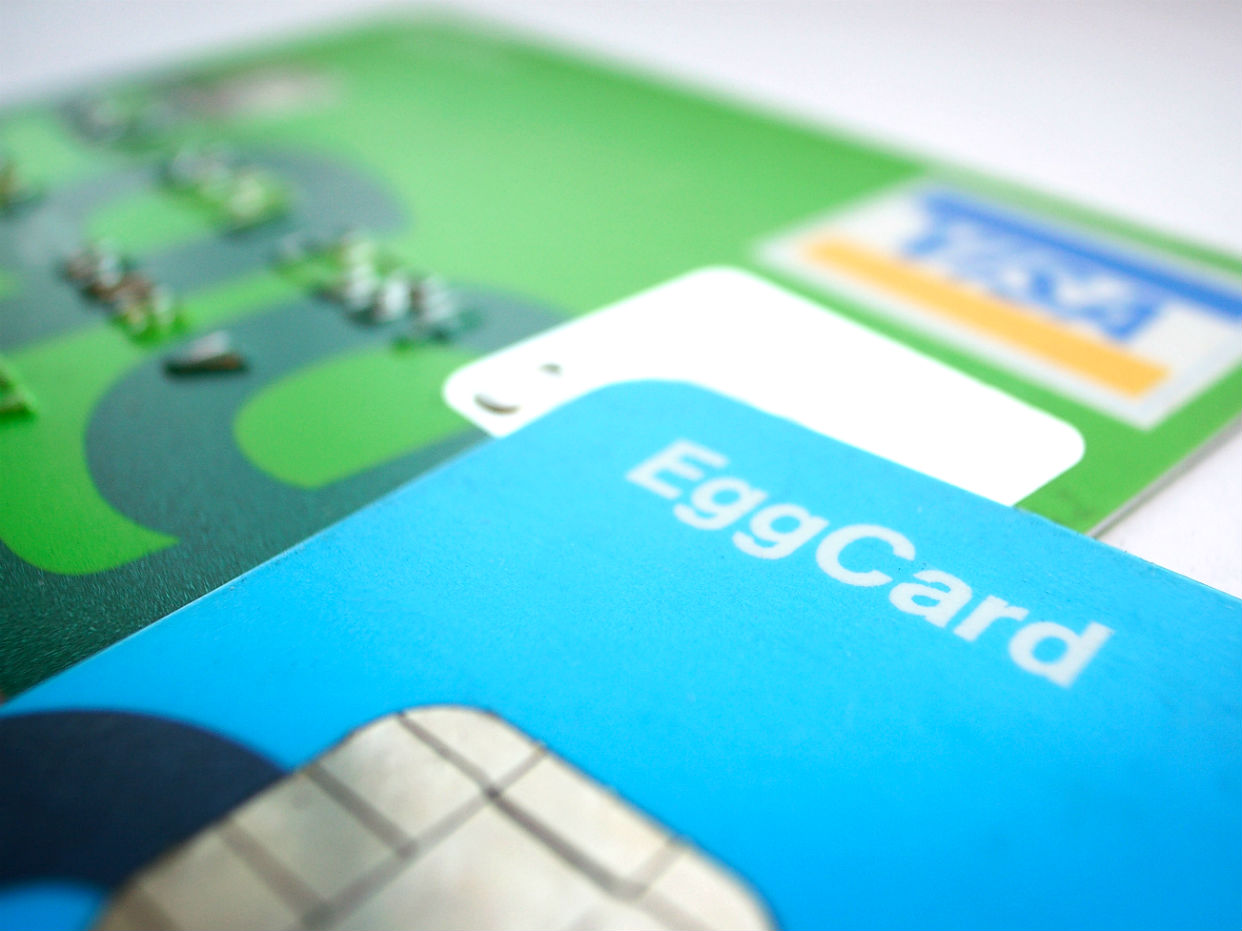Should we be concerned at soaring UK household debt?
While spending is positive for the economy and particular sectors, people are more vulnerable to a hike in interest rates

A free daily email with the biggest news stories of the day – and the best features from TheWeek.com
You are now subscribed
Your newsletter sign-up was successful
The nation appears to be on a debt binge with household borrowing soaring. New figures from the Bank of England show that British households are borrowing more than £1bn a month to finance new cars, holidays and other big-ticket consumer items. But, there are concerns that we are repeating the mistakes of the past and heading for a debt bubble.
How much debt are we in?
Bank of England figures show that unsecured lending (this doesn’t include mortgages) rose at its fastest pace in a decade in January. It rose by 9.1 per cent in a month, from £1.1bn to £1.6bn. As a nation we piled £500m onto credit cards in January, with a further £115.7bn borrowed via loans.
The Week
Escape your echo chamber. Get the facts behind the news, plus analysis from multiple perspectives.

Sign up for The Week's Free Newsletters
From our morning news briefing to a weekly Good News Newsletter, get the best of The Week delivered directly to your inbox.
From our morning news briefing to a weekly Good News Newsletter, get the best of The Week delivered directly to your inbox.
It’s not just unsecured borrowing that we’re ramping up. Mortgage lending is on the rise too. Mortgage approvals hit their highest levels for two years in January with £13.9bn lent out to 74,581 people.
“British households are back to their old ways and are piling on debt again,” says Samuel Tombs of Pantheon Macroeconomics in The Telegraph. “With borrowing costs still falling, consumer confidence high and banks willing to lend, indebtedness will only increase unless the Bank of England acts.”
Does it matter?
It’s hardly surprising we are all borrowing more in the current climate. Interest rates are low, meaning you can effectively borrow for free via zero per cent credit card deals or interest-free finance deals - and mortgage rates are at record lows. In contrast saving is far from rewarding at the moment thanks to pitiful savings rates.
A free daily email with the biggest news stories of the day – and the best features from TheWeek.com
All that borrowing isn’t completely bad for the economy either, if consumers are out and about hitting the shops that’s great news for retailers and the high street. High levels of mortgage approvals is good news for the housing market too with estate agents, builders and removal companies all benefitting.
But, if all that spending is built on debt we are putting ourselves in a shaky position. “While the rapid growth in unsecured lending will support growth in the near term by propping up consumer spending, it could pose a risk to financial stability further down the line,” says Niraj Shah, an economist at Bloomberg Intelligence.
The problem is if we are all borrowing to spend and not saving we are leaving ourselves vulnerable if interest rates start to rise. “High levels of debt make it harder for consumers to survive another economic shock. It is very worrying,” says Mark Garnier, a Tory MP on the Treasury select committee, in the Daily Mail.
“We want to make sure that we do not repeat the mistakes of the past of getting too indebted and then getting shocked by movements on rates,” says Mark Carney, governor of the Bank of England.
Saving is important, even if rates are low
While the nation is out spending, we’ve let our savings habits slip. On average we are saving just 4.4 per cent of our disposable income, according to the Office for National Statistics. That is half as much as we were saving four years ago, and the lowest amount since records began in 1963.
“Householders are currently being put off saving by low interest rates. Stock market volatility is also discouraging people from investing in shares – and questions are even being asked about the benefits of tax-efficient Isas,” says Neasa Macerlean in The Independent.
Not having any savings and relying on credit to fund your life makes you very vulnerable to economic shocks when interest rates could rise, lenders could tighten their lending criteria, or worse still call in their loans.
“Even having just £20 in a biscuit tin gives us some control over our circumstances,” says Macerlean.
-
 5 cinematic cartoons about Bezos betting big on 'Melania'
5 cinematic cartoons about Bezos betting big on 'Melania'Cartoons Artists take on a girlboss, a fetching newspaper, and more
-
 The fall of the generals: China’s military purge
The fall of the generals: China’s military purgeIn the Spotlight Xi Jinping’s extraordinary removal of senior general proves that no-one is safe from anti-corruption drive that has investigated millions
-
 Why the Gorton and Denton by-election is a ‘Frankenstein’s monster’
Why the Gorton and Denton by-election is a ‘Frankenstein’s monster’Talking Point Reform and the Greens have the Labour seat in their sights, but the constituency’s complex demographics make messaging tricky